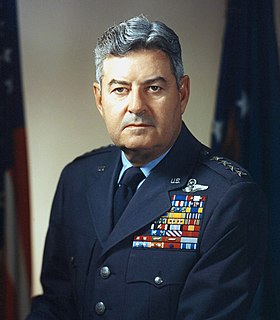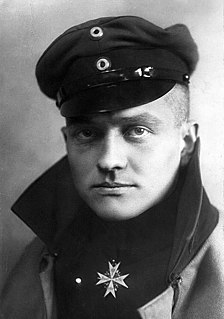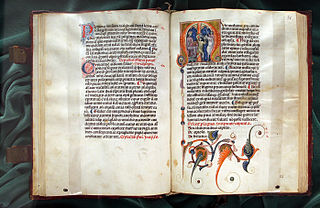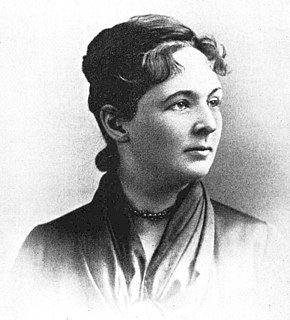A Quote by Carl von Clausewitz
In War, the young soldier is very apt to regard unusual fatigues as the consquence of faults, mistakes, and embarrassment in the conduct of the whole, and to become distressed and depondent as a consequence. This would not happen if he had been prepared for this beforehand by exercises in peace.
Related Quotes
I had prepared myself for prison and torture as a soldier in peacetime prepares for the hardships of war. I had studied the lives of Christians who had faced similar pains and temptations to surrender and thought how I might adapt their experiences. Many who had not so prepared themselves were crushed by suffering, or deluded into saying what they should not.
Throughout history civilian populations and political rulers have talked of peace. We have never been free of war. The soldier, whose profession is war, understands that peace must be enforced by superior military might. The certainty of defeat is the only effective deterrent we can use to maintain peace. Furthermore, we can be strong without being aggressive.
And all the things I thought were mistakes and I did cartoons on them. And then I think I was the first cartoonist in the country to attack the war in Viet Nam and that helped influence a whole generation of young cartoonists who later on took up the battle. And that was exciting to know that I had helped influence work of young people who were moving this forum into a better and more exciting area, out of the more by the state that political cartooning had been in.
'The Accursed' is very much a novel about social injustice as the consequence of the terrible, tragic division of classes - the exploitation not only of poor and immigrant workers but of their young children in factories and mills - and as the consequence of race hatred in the aftermath of the Civil War and the freeing of the slaves.
After modernism, things changed. Indeed, modernism sometimes seems to me like an equivalent of the Fall. Remember, the first thing Adam and Eve did when they ate the fruit was to discover that they had no clothes on. They were embarrassed. Embarrassment was the first consequence of the Fall. And embarrassment was the first literary consequence of this modernist discovery of the surface. "Am I telling a story? Oh my God, this is terrible. I must stop telling a story and focus on the minute gradations of consciousness as they filter through somebody's.
I, serial number 30743, Lieutenant General in reserves Yitzhak Rabin, a soldier in the Israeli Defense Forces and in the army of peace, I, who have sent armies into fire and soldiers to their death, say today: We sail onto a war which has no casualties, no wounded, no blood nor suffering. It is the only war which is a pleasure to participate in - the war for peace.
National Socialist Germany wishes for peace because it recognises the simple fact that no war would be likely to substantially to ameliorate the state of distress in Europe. The distress would probably be made the greater thereby. If only the leaders and rulers had wanted peace, the people would never have wished for war.




































